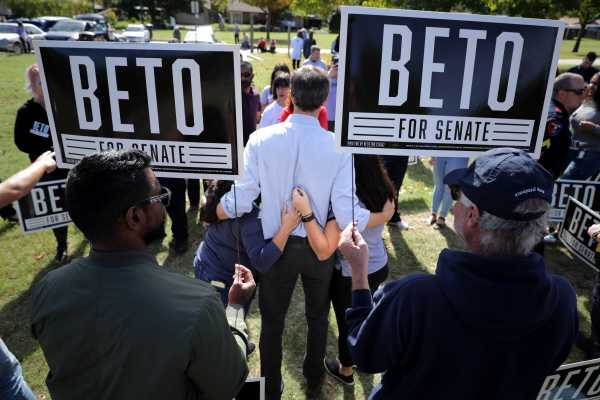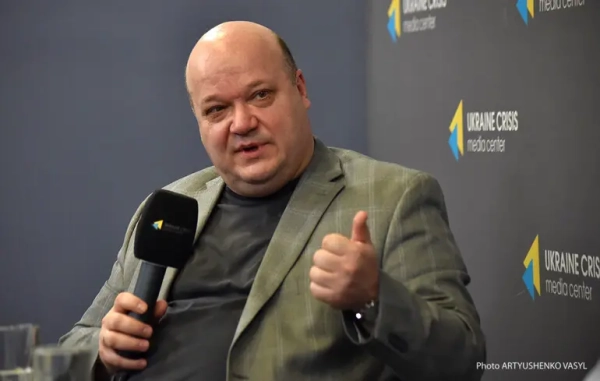
Early voting is surging in Texas and boosting optimism for Democrat Beto O’Rourke in his bid to unseat Republican Ted Cruz in the US Senate.
More than 4.5 million people cast early in-person ballots and nearly 370,000 mailed in their ballots during Texas’ 12-day early voting period, according to a report from the Texas Tribune. In the 30 counties in Texas where 78 percent of the state’s registered voters live, 40 percent of all of the 12.3 million registered voters in those counties have already cast their ballots.
In a state where early voting is already common, this year’s pre-Election Day turnout is still higher than in the presidential election in 2012 and the entire turnout of the 2014 midterms. It’s about 20,000 votes short of the 2016 election early vote totals. Early voting in Texas ended on November 2.
O’Rourke, whose bid against Cruz is the most-watched Senate race this election cycle, said at a rally on Friday that he thinks early voting turnout is a good sign for his campaign.
“If this continues, we win,” he said, according to the Dallas Morning News. “I feel very good about our prospects, not just on Election Night, but on being able to deliver for the next six years that follow on every priority, from health care to education to immigration to criminal justice reform. Texas is going to be the leader that this country has been waiting for.”
To be sure, just because Texans are voting early does not mean that they are voting for O’Rourke. He has consistently trailed Cruz in the polls: A RealClearPolitics average of polls gives Cruz a 6.5 percent lead. But the contest is surprisingly competitive, considering Texas is traditionally a deep-red state. President Donald Trump went to Texas for a rally for Cruz in October.
It’s probably best not to try to read the early voting tea leaves
The surge of early voting in the 2018 midterms hasn’t been contained to Texas. According to an analysis from the New York Times, early and absentee vote counts have already surpassed the 2014 midterms figures in 22 states and Washington, DC. There’s been an increase in women voting early as well.
A surge in early voting does not necessarily translate to an advantage for one party or another. Many of the people who vote early are people who would have voted on Election Day anyway, and they’re often people who have already made up their mind — in other words, they’re not swing voters.
In 2008, Barack Obama’s campaign undertook a significant effort to get out the early vote, giving him a significant lead over John McCain that the Arizona senator wasn’t able to overcome. But after that, Republicans also started to put focus on early voting with their supporters (or, in some circumstances, tried to curtail early voting in different states.) But in 2016, early voting spurred optimism for Hillary Clinton’s campaign in Florida, Nevada, and North Carolina. She only won Nevada, and she lost the presidential election.
Sourse: vox.com






